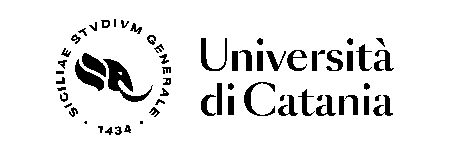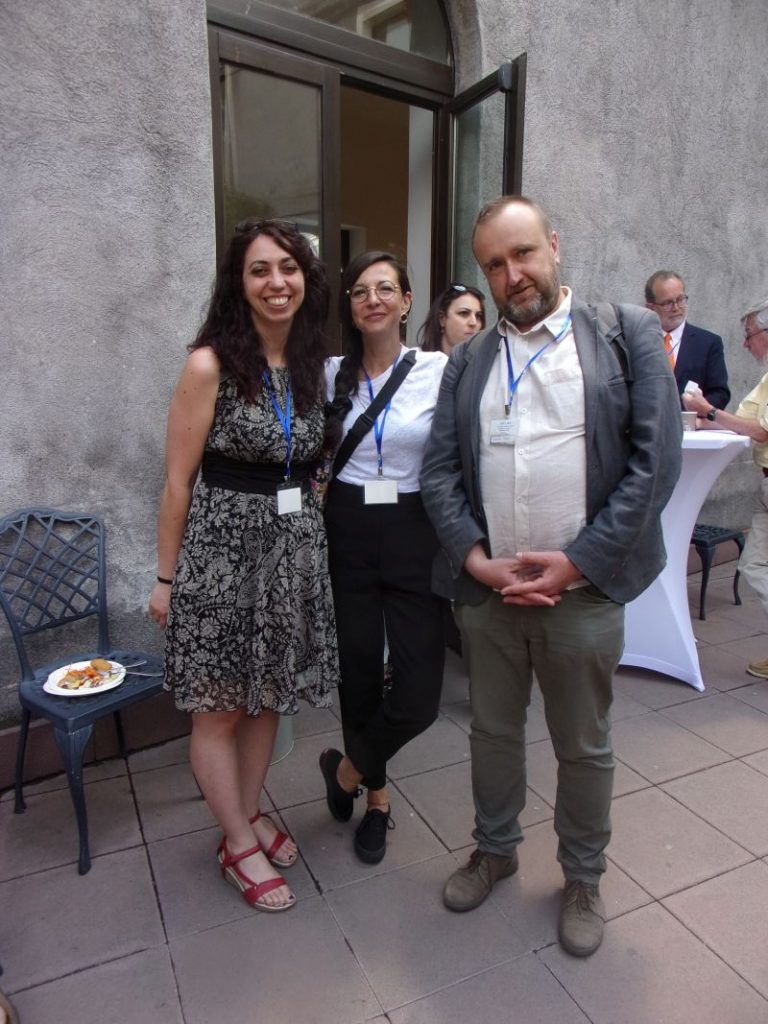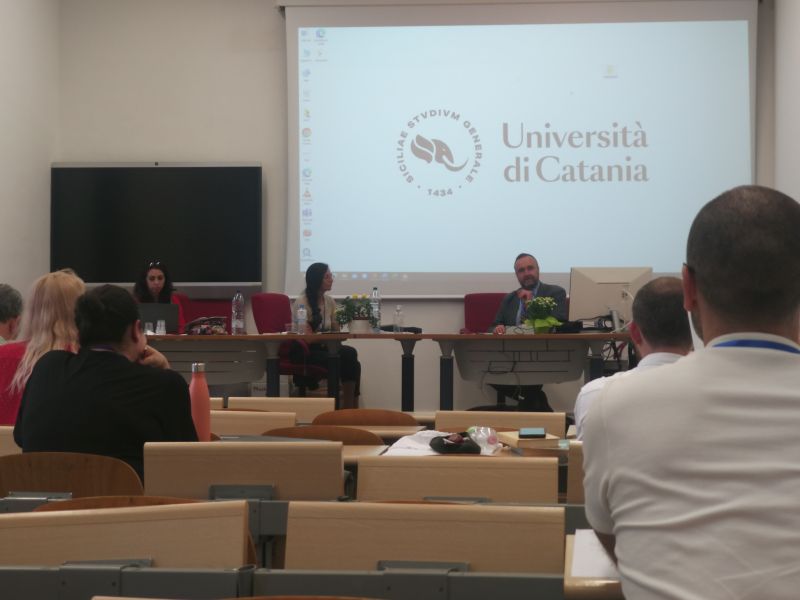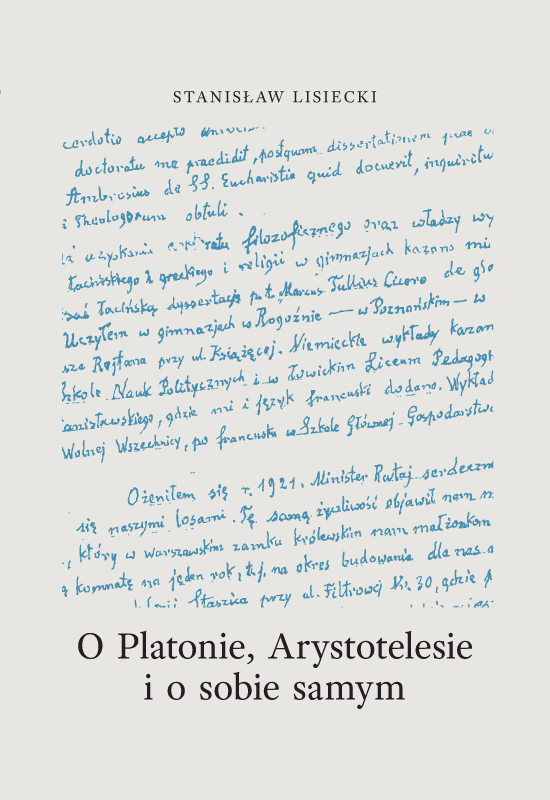Home » Posts tagged 'Timaeus'
Tag Archives: Timaeus
20th Annual Conference of the International Society for Neoplatonic Studies
International Society for Neoplatonic Studies (ISNS) has for decades been a forum for scholars researching various phaenomena in the history of Neoplatonism, including even the latest developments of the reception of Platonism. In June 14th-17th, 2023, ISNS conference was held at the foot of Etna, in Catania, in co-operation with Università degli Studi di Catania.


One of the numerous panels at the conference was devoted to Plato’s Timaeus, the concept of time and its influence on various thinkers across the history of philosophy up to recent times. The panel was organised by the two professors, Laura Marongiu and Laura Follesa, both of University of Milan. Although this panel focused on relatively narrow topic, the response from scholars was impressive and thus the list of speakers in this successful panel demonstrated incessant interest of generations of scholars in the Timaeus, the late dialogue of Plato. The topics ranged from Speusippus, Aristotle, Xenocrates, Numenius, Plotinus, Iamblichus, Proclus, Simplicius and Philoponus to M. Ficino, L. Bruno, F.W.J. Schelling, G.W.F. Hegel, H. Bergson and E. Husserl (on the photo: L. Follesa, L. Marongiu & T. Mróz).
T. Mróz presented a paper titled The Timaeus and Three Scholars of One Generation: P. Natorp, P. Shorey and W. Lutosławski. Mróz discussed various interpretations of the Timaeus by the three scholars, focusing on their general methods in reading Plato and their views on Plato’s concept of the time, although none of them considered the time to be the central issue in the dialogue.

ISNS conferences have always been a forum for scholars who explore various aspects of Platonism, Neoplatonism and Plato reception from antiquity up to contemporary times. Professor John Finamore, spiritus movens of all of ISNS symposia, spares no efforts to hold ISNS events in various academic centres and to provide opportunity for scholars throughout the world to take part in them. He has recently announced that next year’s ISNS conference will take place in Dublin, in co-operation with Trinity College.

Recent commentaries